This post may contain affiliate links. Please read our disclosure policy.
Several years ago, I wrote this post about how our words impact our children in so many ways. Tomorrow, our oldest son turns 17 and not a day has gone by that I don’t keep this in mind. Every word that we speak has the ability to help or hinder our children. It’s up to us to choose to empower, love, guide, and support them with our words.
I wanted to share that post again today…
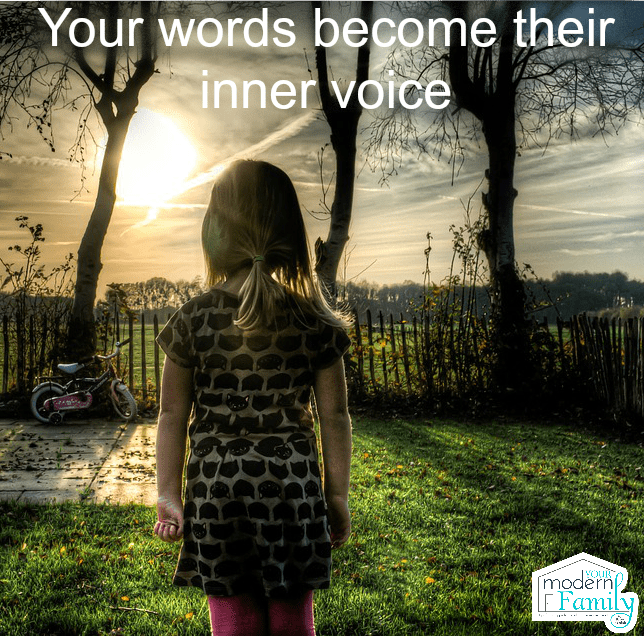
Every morning, it starts over. We get a chance to shape the lives of our children. The way that we talk to our children becomes their inner voice.
Think about when your kids make a poor decision… they spill milk on their homework (when they aren’t supposed to be eating or drinking near it), they break your favorite picture frame (when they shouldn’t be throwing a ball in the house), they don’t clean up their room, they track mud into the house… each thing after you’ve told them time and time again what to do.
Your first reaction: “Ugh! I wish you would have listened to me… this would not have happened!”
I get it because I did this, too.
Several years ago, Mickey and I started trying something different. We looked at the ACTION, not our kids. Instead of reacting with anger, we reacted with empathy. I stopped yelling and stopped reprimanding.
Instead, I just gave the consequence with sincere empathy.
Yes, our words resonate with our children.
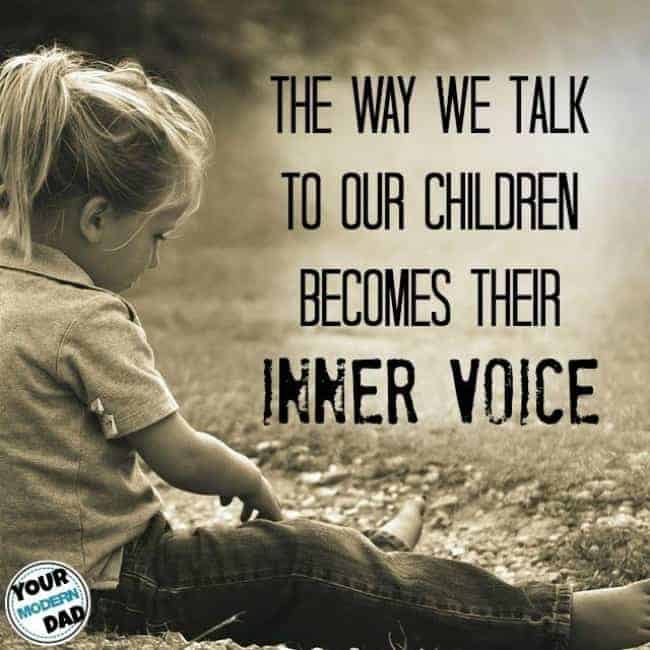
(Thanks to my husband for this picture & to Peggy O’Mara for the quote)
Remind your kids that you love them, no matter what they’ve done.
These four words will change the way you think as a parent… “I Love You And…”
You are telling them you love them even though they have done something you aren’t happy about. Their actions do not impact your love. Yes, you expect better of them, but it doesn’t change how much you love them.
When our kids do something that I disapprove of, I often start with, “I love you so much. Your choice today made me really sad, and it wasn’t what I expected from you” or I will discipline them and talk to them afterward. I tell our kids every day, “I love you all the time. I love you when I am happy or sad. I love you when I am excited or angry. I love you when you make good choices and bad choices. I love you when you are home or away” … (the list goes on & on).
Our kids do it, too. When our son, Ethan, was five years old, he said, “Mom, I’m sorry that I wasn’t nice to you today at lunch. I was mad because I wanted peanut butter and jelly. I love you all the time, even when I’m mad at you.”
That’s loving unconditionally.
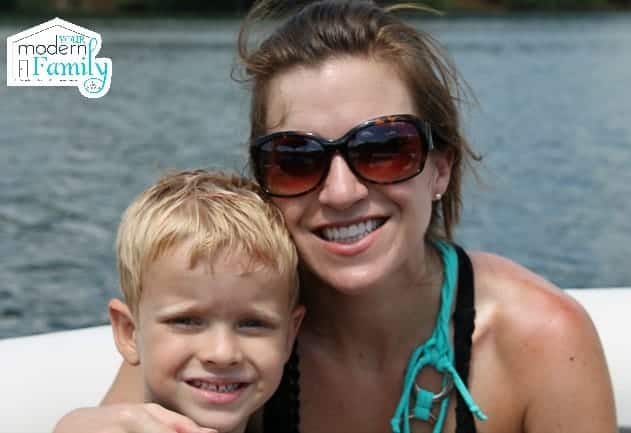
You can’t take it back.
I was a teacher, and one time I had a conference with a student and his family. When I told his parents about his declining reading score, he looked right at his son and said, “Do you even try?” and looked back at me and said, “Sometimes, he can be so dumb.”
I was dumbfounded.
What on earth is going on here?! I used that opportunity to build up the child and explain his many strengths.
The point is that you can’t take it back. You can’t take back words like “lazy,” “dumb,” “thoughtless,” or “mean” – once they are out there, they stay out there. Your kids continue to hear these words in their heads.
Instead of saying, “You are so lazy. Get up and help me!” Try saying, “You work so hard. Can you give me a hand? It will get done so much faster.” I can (almost) guarantee that it will work 100% better than going the negative route. Instead of tearing them down, you are building them up and achieving the same end result: they are helping you.
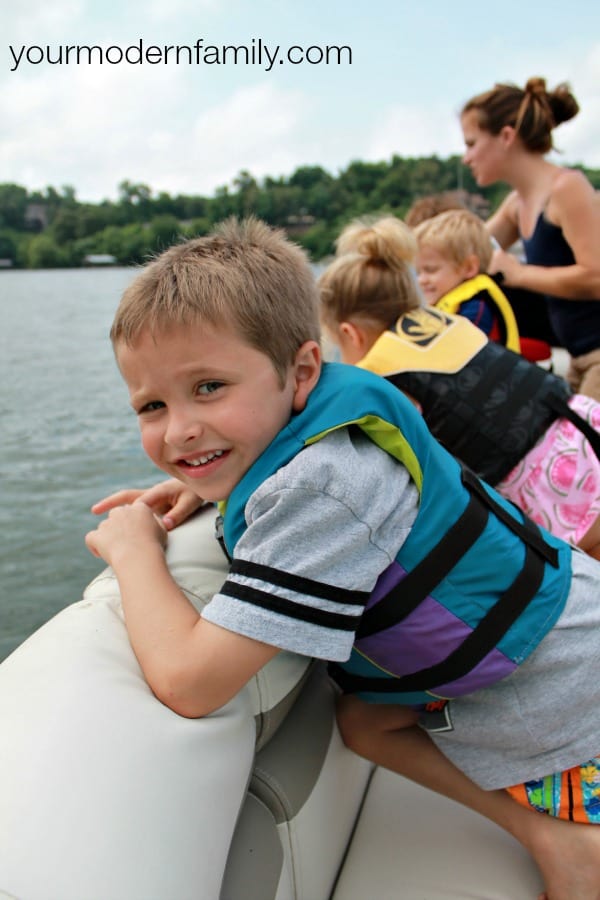
Today, use your words to help your kids. If you are looking for more on the subject, check out the course Parenting Manual 101.
** If you liked this post, I want to encourage you to sign up for my FREE e-mail series about one-on-one time. I will send you tips, ideas & encouragement in my free e-mail course. No strings attached… I want to help you find that relationship with your child that you both deserve. ♥. You can sign up here.
I’ll send you this calendar, too.
More posts you might like…
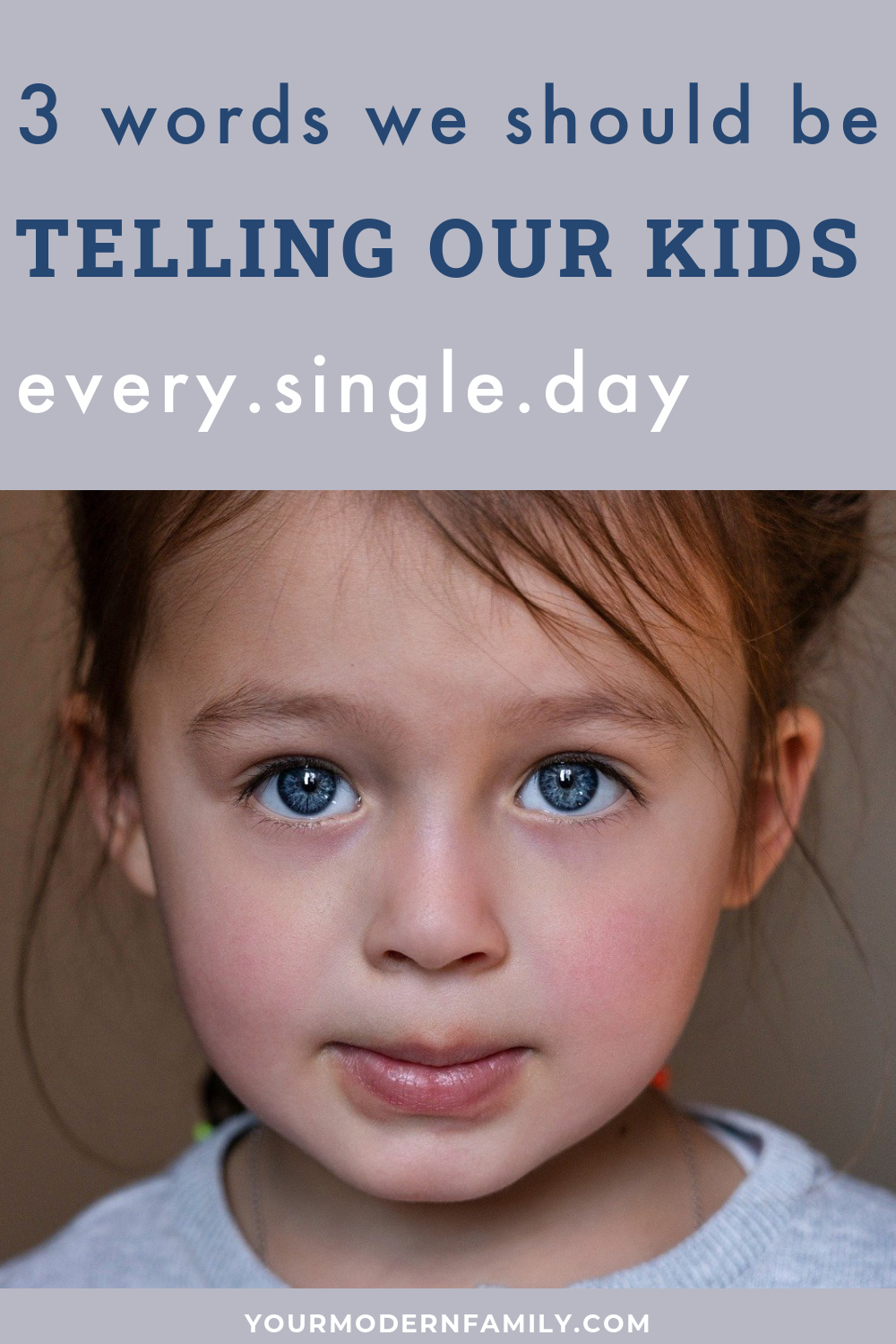
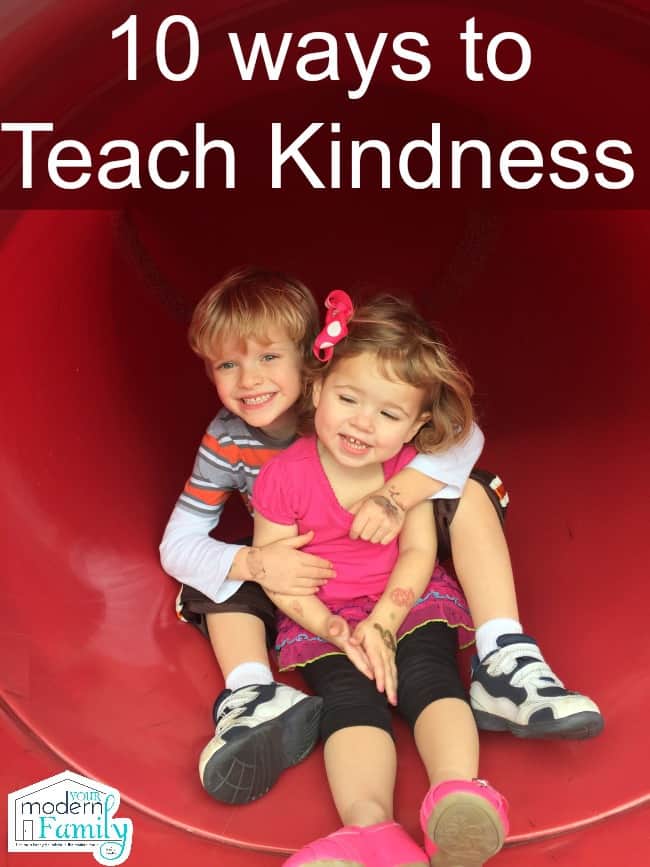
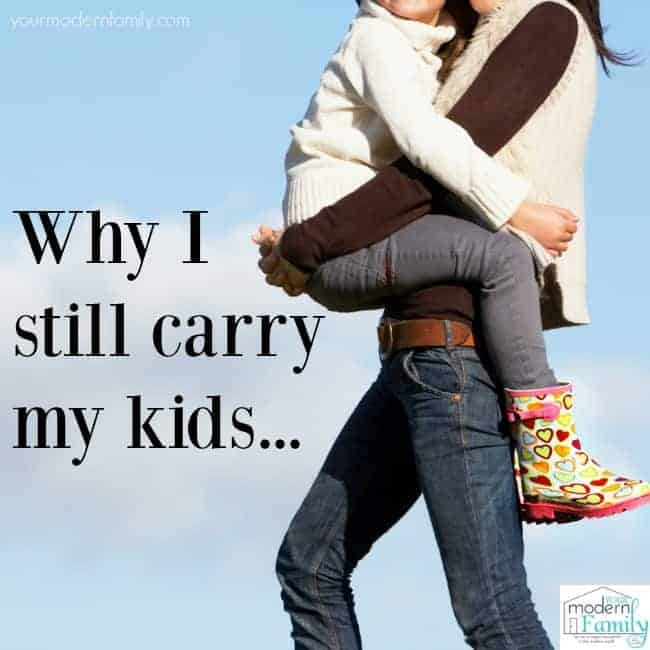
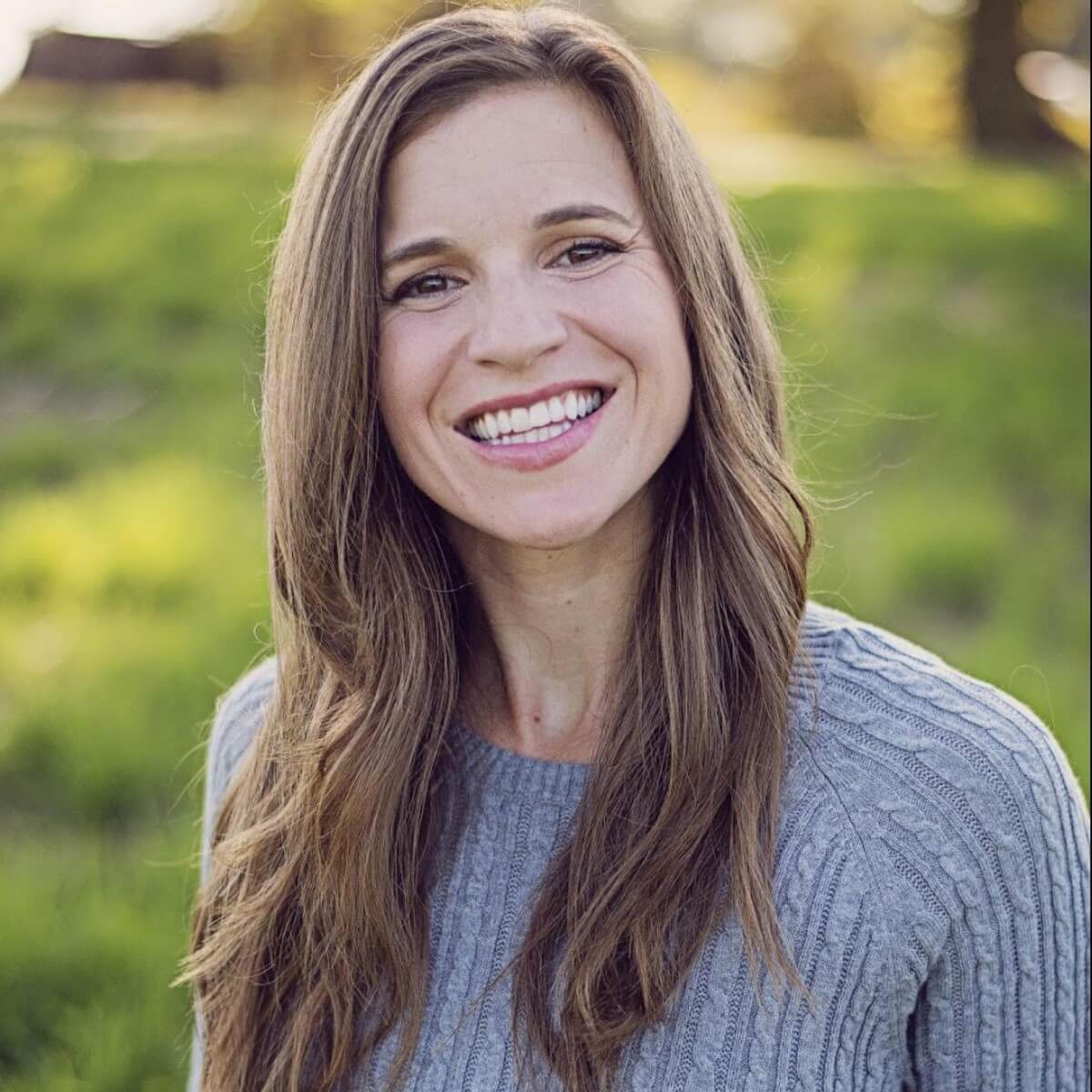
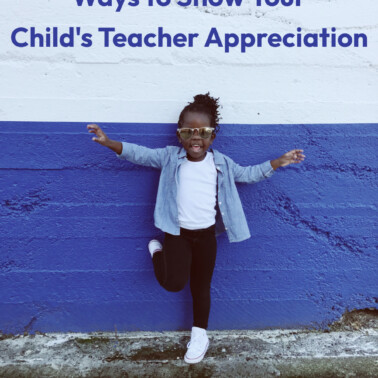












Reading this struck cords with me. One part I wonder if you could reconsider, just rephrasing slightly the responses that you make – I have just been learning about ‘non violent communication’ – Marshall Rosenberg – and he encourages us to use language that doesn’t lay fault with anyone else. So when you say to your children “Your choice today made me really sad, and it wasn’t what I expected from you” Marshall would suggest that we should rephrase and say “I FEEL sad WHEN this happened BECAUSE that I was expecting (and state the expectation). If we blame our children (or anyone else) for how we are feeling “You made me feel…” that too adds to our internal narrative of not being good enough or being responsible for other peoples behaviour and reactions. As a mum to 3, I know that I will feel differently in response to a situation or behaviour depending on other factors – like how tired I am, how much of a rush I am in etc. So sometimes the behaviour will lead to feelings of anger for me, and other times the very same behaviour will not result in such a strong feeling. Non violent communication is amazing and dovetails with your ethos and approach to parenting, I feel hopeful for huge shift in the way that we communicate as parents, and the positive impact that this will no doubt have on our kid’s mental health and outlook in life!
Hi, I am certainly guilty of this =( Thanks for the article. It’s true that you become your kids’ inner voice. I still hear my mother and my older sister’s voices. My question is, for my sons who are 9 and 3, how do I undo any damage I’ve already done with all the negative words I’ve said to them?
Just work on the future. :). (they are so young… you have many years ahead of you.) 🙂
I love the reminder to express love and give the consequence with empathy. Too often we swing to frustration, but I really do want my kids to KNOW that I love them all the time, no matter what. One of my favorite picture books with this message is “I Love You All Day Long” by Francesca Rusackas. I will be thinking, “What inner voice am I giving my kids?” Thanks!
I’ll definitely be checking out that book! Thanks for the recommendation 🙂
I am trying to find a way to help my great nephew and his wife learn how to parent. They do not have a clue. They have 3 children, a boy 9, a daughter 2 1/2, and a baby boy 8mo. The 2yr has been kicked out of day care 3 times for biting and agressive behavior. She attacked the baby 2mo ago. Bite and deep scratches all over his body. She rules the house or any place else she is by demanding through screams and tantrums that all attention is to be directed to her. The oldest boy has ADHD and is on meds. He struggled greatly in kindergarten, 1st and 2nd grade because of behavior issues. Now, because he is medicated 3rd grade is better. At home, he isolates himself in front of some kind of electronic device. “Out of sight, out of mind.” There is no consistent rountine, the children have no boundaries. If they are misbehaving and put up a fuss, the parents “reward” them by giving them something (like their phone). They live in Tulsa, OK. I have looked for parenting classes but none seem appropriate. Mostly court or DFS and most focus on abuse etc. I, too, am a teacher and see what is happening and what will be in the future. It saddens me deeply, for the children and for the parents. I don’t think they know they have a problem. Their toddler’s, and older son’s problems are because of them. Any suggestions, and I mean any will be greatly appreciated. This is a sad and potentially dangerous situation. Thank you.